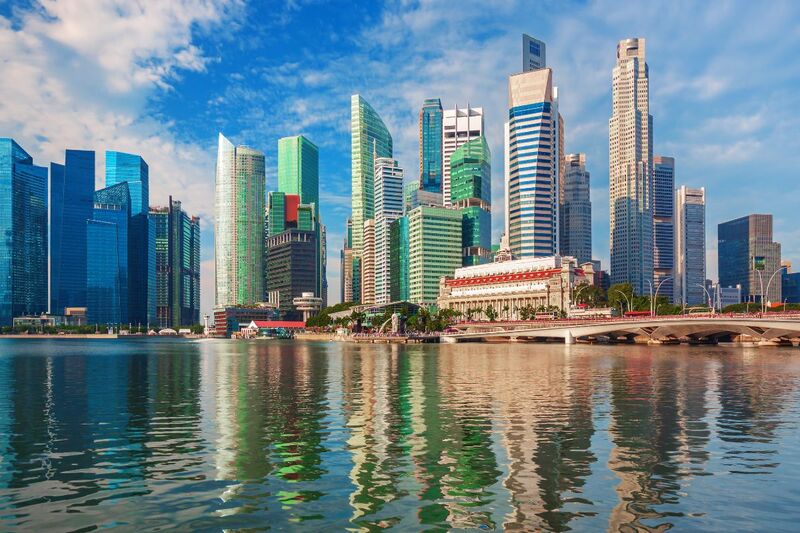Is Singapore the most overworked country in APAC?
Are you overworking?
Well, according to the latest surveys and statistics, Singapore seems to be the most overworked country in APAC, and more Singaporeans prioritise their livelihoods over life.
What the statistics show
Singapore has the longest working hours per week at 45, followed by China at 42. We also have an average annual leave of 7, amongst the lowest in the region, alongside Thailand (6) and China (5). The overworking culture here has left 73% of Singaporeans unhappy, and 62% reported feeling burnt out. Similarly, the livelihood over life debate ratio rose to 3.3 in March 2022. This means that for every individual who prioritises life over livelihood, there are 3 others who prioritise livelihood over life. This March 2022 ratio increased from the 2.6 recorded in Dec 2021. Singapore's inflation also rose to 4.3% year on year in February 2022, from 2.3% in February last year.
"This also indicates a level of divergence among Singaporeans, some who feel the economy should be reopened fully to generate some semblance of growth and create jobs, while others feel that protecting lives should be considered with utmost priority, particularly given the high level of vaccination," the survey reported.
One way of gauging overworking is by measuring overtime hours worked. Interestingly, the average weekly paid overtime hours worked per employee has improved since 2006, according to MOM. In June 2021, the average hours over contractual working hours were 2.5 hours per employee weekly, down from 2.9 hours per employee pre-pandemic in June 2018. The general decline over the past decade perhaps reflects productivity improvements and tripartite efforts to reduce excessive overtime hours. However, WFH and flexible working conditions could have also contributed to the fall in overtime hours. It is thus important to look at the quality of hours worked rather than the length, as workers value work-life harmony.
What workers want
76% of employees want a 4-day work week to reduce overworking. Other than adopting a hybrid working model, employees would appreciate more flexible and agile working options. There should be open conversations about work-life balance to attain a more positive mental well-being and a culture of unplugging after work and on weekends. This means employees should not be replying to non-urgent emails or calls after working hours or be expected to work beyond contractual hours. Therefore, managers should be educated on spotting burnout and overwork and caring for their staff.
How can we improve work-life balance to maintain personal well-being?





